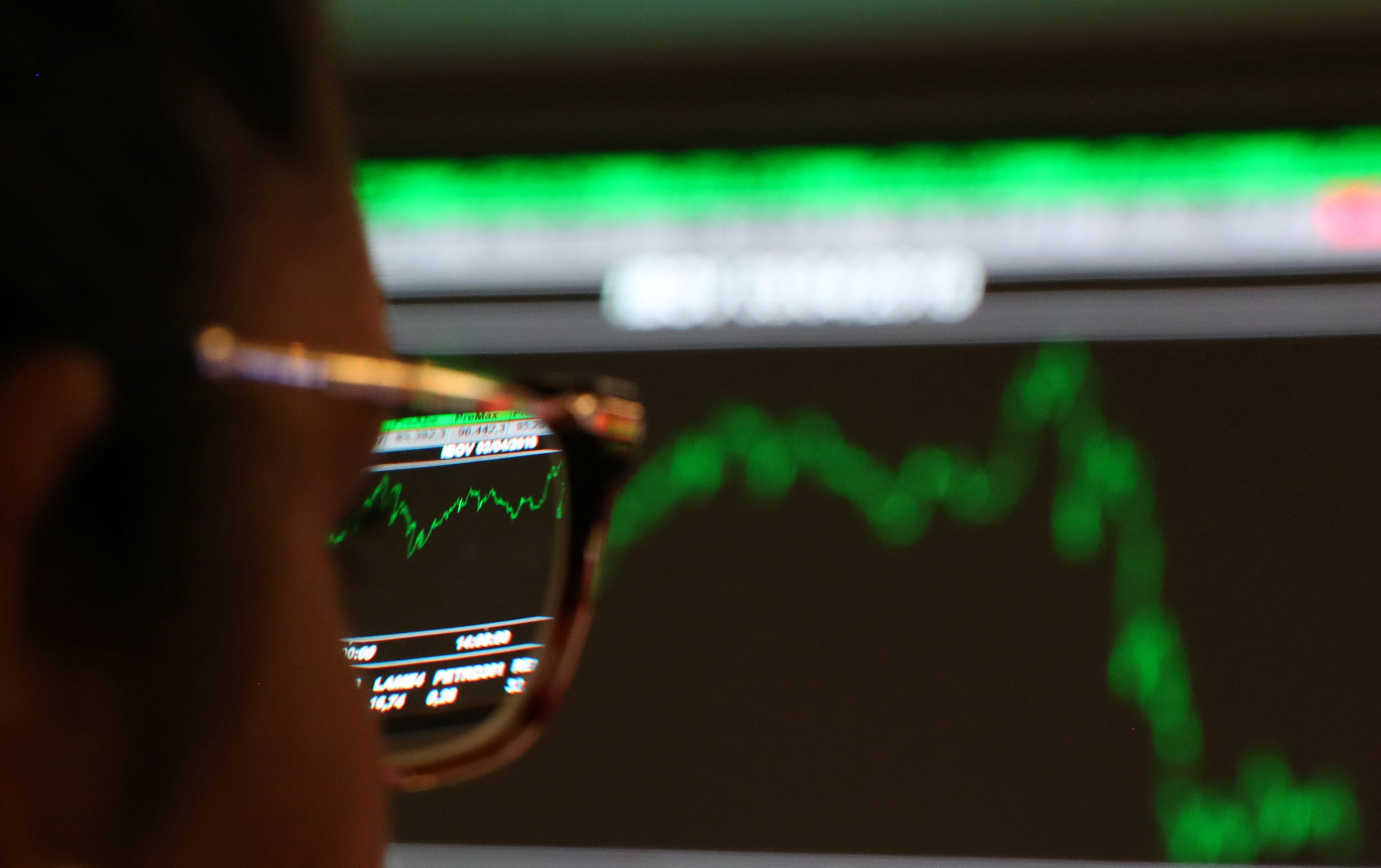
COVID-19 is a litmus test for stakeholder capitalism
Companies that embraced the stakeholder model can afford better during the crisis, as their business model is more robust and their alliances stronger.
Klaus Schwab holds a Doctorate in Engineering and a Doctorate in Economics and Social Sciences from the Swiss Federal Institute Zurich and the University of Fribourg and an MPA from Harvard University. Formerly managed the restructuring of a leading Swiss machine building group and was Professor of Business Policy in Geneva until 2003. Author of Modern Management (1970), conceptualizing stakeholder capitalism, and The Fourth Industrial Revolution (2017). 1971, created and became the Chairman of the World Economic Forum, to build a platform where business leaders can meet, interact and collaborate with stakeholders from government and society. Built it from a simple idea into an international organization and a leading global platform for public-private cooperation. Has held multiple board memberships and international advisory positions. Together with his wife Hilde, created the Schwab Foundation in 1998 to promote social entrepreneurship and innovation. Recipient of international awards, national distinctions, honorary professorships and doctorates for thought leadership and for the Forum’s achievements in enhancing global cooperation and several political reconciliation efforts. Has 2 children and 2 grandchildren. Hobbies include sports and culture.
Companies that embraced the stakeholder model can afford better during the crisis, as their business model is more robust and their alliances stronger.
An intergenerational crisis is increasingly underway. Our system that disproportionately rewards the happy few and puts at risk the health of the planet.
Das Davos Manifest 2020 ist die Sicht der World Economic Forum auf den "stakeholder capitalism".
El Manifiesto de Davos es la visión del Foro Económico Mundial del "stakeholder capitalism".
Le Manifeste de Davos est le point de vue du Forum Économique Mondial sur le "stakeholder capitalism".
In the early days of the World Economic Forum, Klaus Schwab launched a code of ethics for business leaders worldwide.
The Davos Manifesto is the World Economic Forum's view of 'stakeholder capitalism'.
El "stakeholder capitalism" es la mejor respuesta a los desafíos sociales y ambientales de hoy, escribe el profesor Klaus Schwab, con el nuevo Manifiesto de Davos.
Le "stakeholder capitalism" est la meilleure réponse aux défis sociaux et environnementaux actuels, écrit le professeur Klaus Schwab, à l'occasion du lancement du nouveau Manifeste de Davos.
The Davos Manifesto is the World Economic Forum's view of 'stakeholder capitalism' and the best response to today's social and environmental challenges.
Long-term challenges such as the United Nations Sustainable Development Goals, and delivering the Paris Climate Agreement should not be overlooked in efforts to achieve short-term objecti...
El Informe Global de Competitividad 2019 es una brújula económica necesaria, que se apoya en 40 años de experiencia de análisis comparativo de los impulsores de la competitividad a largo ...
Greener, more inclusive economies are within our reach, we just need visionary leadership to guide us. Read key findings from the Global Competitiveness Report 2019
Our world depends on a complex set of interdependent subsystems. They are out of balance, creating an explosive mix of threats to our future. But we can establish a new era of prosperity ...
Según el Informe de riesgo global 2019 del Foro Económico Mundial mostrará, la imposibilidad de abordar el cambio climático, se encuentra entre los riesgos de mayor impacto que enfrenta e...













